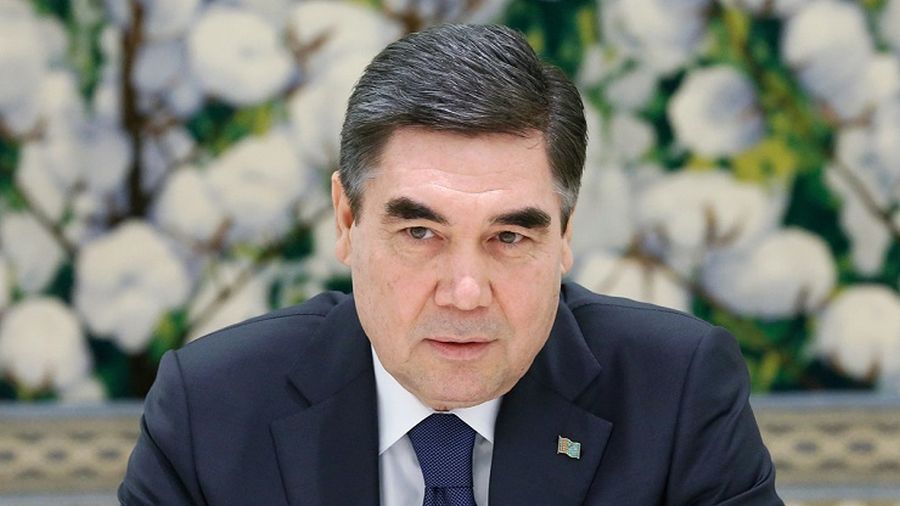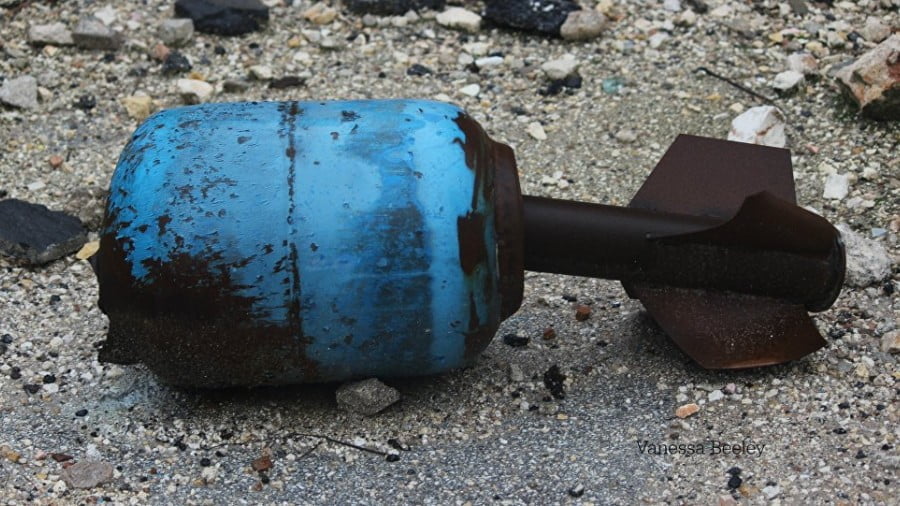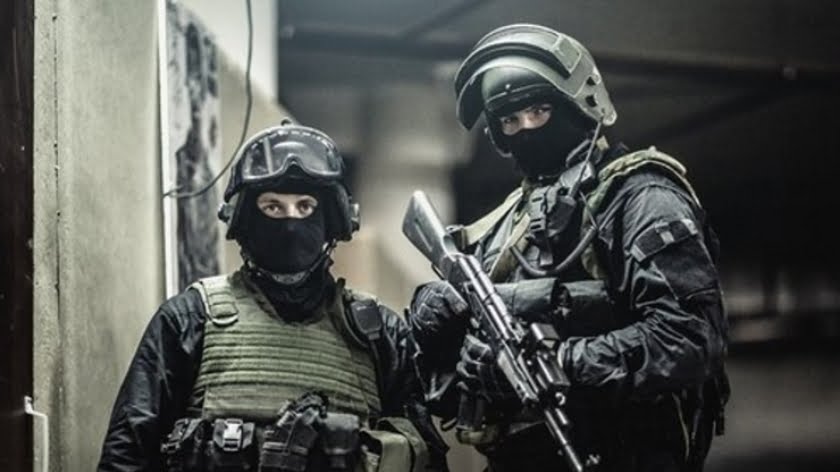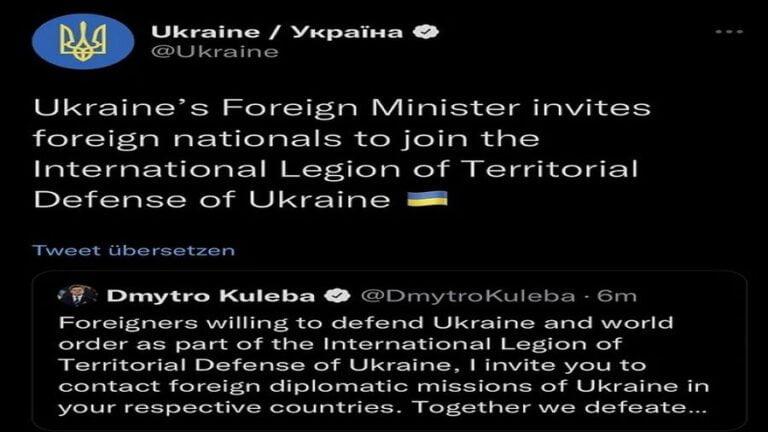What Kind of Transit of Power is Expected in Turkmenistan?
Following Turkmen President Gurbanguly Berdimuhamedow’s decision that he will hand over power to a “younger generation”, Turkmenistan’s transit has become a highly debated topic. Experts note that outside powers such as Turkey, Pakistan and the US, which would like to draw Turkmenistan into their orbit of influence, to the Taliban (a movement banned in Russia), which has its traditional spring and summer offensive starting on March 1, may try to take advantage of the transit. Groups in northern Afghanistan also pose a threat, and there is almost no one to stand against them in Turkmenistan.
However, the possibility of the influence of Afghanistan’s internal instability zone from Herat to Badakhshan on Turkmenistan is low today, since the Taliban leadership has so far had a peaceful relationship with Ashgabat, but the jihadists could well play “the role of fuse”. The Taliban are unlikely to go beyond the borders of Afghanistan, as they are not interested in doing so today, and there is infighting between warlords within the country itself. The countries are also attempting to establish economic cooperation; Turkmen Foreign Minister Rashid Meredov meets regularly with the Taliban; Ashgabat and Kabul hold talks on electricity supply, the TAPI (Turkmenistan-Afghanistan-Pakistan-India) gas pipeline project and railway expansion.
As for the “problem of the transit of power”, it has arisen in almost all the former CIS republics in recent years, especially in Central Asia – everywhere there is a change of elites, a new generation of 30-40-year-old politicians comes who are not related to the Soviet era. Thus, in addition to Turkmenistan, a similar father-son transfer scenario has already taken place in Azerbaijan, quite successfully due to the personal qualities of the successor: a strong leader, a strong son. A similar transit of power is expected in Tajikistan, where the country’s leader, Emomali Rahmon, has ruled the country since 1991 – longer than anyone in the former Soviet Union. Uzbekistan’s experience with the division of Islam Karimov’s legacy clearly does not suit Gurbanguly Berdimuhamedow; in Kazakhstan, there has essentially been no transit, but a “civilized divorce”.
Gurbanguly Berdimuhamedow cited reaching the Prophet’s age of 63 (according to the Koran, the Prophet Mohammed died at 63) as the reason for his decision.
According to the current legislation, only a citizen over 40 years of age, who has lived in the country for the last 15 years and has no criminal record can occupy the post of head of state. The two latter criteria immediately disqualify opposition candidates living abroad, such as Nurmukhamed Khanamov, leader of the opposition Republican Party of Turkmenistan, who lives in Austria.
The only son of the Turkmen leader, Serdar Berdimuhamedow, who just turned 40, the minimum age for the presidency, has long been tacitly appointed as successor. Exactly one year ago, his father appointed him as “deputy prime minister”, even though there is no prime minister in the Turkmen government; the head of government is the president himself. It is noteworthy that Berdimuhamedow senior himself was also deputy prime minister in 2006, when President Niyazov died.
That is, in fact, Serdar has already become the deputy of his father, who has put his son in control of Turkmenistan’s energy sector, the most important sector of the local economy.
Serdar, who has long been called “Prince” by Turkmens (incidentally, his name means “commander ” in Turkmen), has had a boost in his career since his father became president 15 years ago. Serdar began his active “working life” in the diplomatic service in 2008-11 when he worked as a minister-counsellor at the embassy in Moscow, where he also received a diplomatic degree, which he did not have at the time of his appointment. After graduating from the Russian Foreign Ministry’s Diplomatic Academy, he was sent to Geneva as a counsellor to the Permanent Mission of Turkmenistan to the United Nations, where Serdar came with his family, sending his children to one of the most elite schools in Switzerland. He then returned to work at the Turkmen Foreign Ministry, where he was responsible for foreign policy on the European track, having served as a member of parliament and as the republic’s minister of industry. Since becoming deputy prime minister, Serdar has intensified his diplomatic activity: as chairman of an intergovernmental commission he has worked with Russia, supervised economic cooperation with Japan and made several visits to China and Uzbekistan, which was certainly a test of the willingness of Turkmenistan’s partners to accept Serdar as the future president.
Turkmenistan’s election race officially began on February 14, with polling day set for March 12. The candidates have not yet been announced, except it is known that the president’s son Serdar has submitted documents to the CEC. By the way, in the last elections, in 2017, nine candidates were registered.
Although it is not yet fully certain that Serdar will succeed in following in his father’s footsteps, it is nevertheless expected that neither foreign nor domestic policy is likely to change; the country will continue its policy of neutrality. Although Berdimuhamedow junior attended the EEU meeting in Kazan in May 2021 as deputy prime minister, Ashgabat is unlikely to join the EEU or the CSTO anytime soon. Berdimuhamedow senior will retain the post of speaker of the upper house of parliament, almost replicating the Kazakhstan’s model of having an “elder wise comrade” over the president. The current president is expected to continue to oversee all general policies, especially foreign policy, giving his son a full load primarily in economic affairs, economic management and social issues. In fact, Gurbanguly Berdimuhamedow will rule on behalf of his son until Serdar “gets the feel of it” and makes all other actors in domestic and foreign policy respect him. The transit of power will happen quite smoothly and quietly, there should be no internal problems with the tribal factor.
Among the big players, China, Russia and Turkey are the most interested in special relations with Turkmenistan. And, of course, the US, especially after losing its regional position with its hasty withdrawal from Afghanistan. Therefore, Washington will no doubt actively seek to “gain trust” of the new future president of Turkmenistan, using for this purpose the entire range of already known tools – from the flooding of various NGOs, to “super-beneficial” offers on behalf of USAID, CIA.
With 10% of the world’s gas reserves, Turkmenistan is a very important country in providing gas to its neighbors, especially China and Iran. But Turkey and Western Europe also want Turkmen gas very much. However, Ashgabat cannot yet decide how best to get it there: to lay a pipe under the Caspian Sea (which now requires the consent of all the Caspian Sea countries and any of them may block this issue for their own various reasons), or to join the Soviet-era pipeline that goes to Europe via Russia?
As for Turkey, it certainly has its eye on Turkmenistan as an important link in Erdoğan’s revival of the Ottoman Empire, the Organization of Turkic States. However, it is unlikely that Erdoğan will succeed in this regard, since despite his common religion and Turkic origins, this country has a cult of a president who frankly does not need any “outside” competitors.
It should not also be forgotten that Turkmenistan is a very closed country, comparable in some respects to North Korea: information from the country is extremely scarce, almost exclusively official and only on the most important occasions. The fact that Turkmenistan has recently experienced difficult economic times is only evident from anecdotal evidence in the form of reports of huge bread queues that occasionally appear in various cities of the country.
The model of succession in Turkmenistan will now certainly be watched in many countries, especially in Central Asia. In the country itself, the situation is likely to remain frozen at the current level: Serdar will be gaining experience in running the state under his father’s guidance, and following his advice he is unlikely to make major changes in foreign policy. All the more so because the family of the head of the republic is satisfied with the current situation, including the country’s closure from the outside world. This situation is likely to continue, following the example of Saudi Arabia, until Gurbanguly Berdimuhamedow dies, or until Serdar manages to lock all local clans into himself by starting to conduct “independent politics”.
So far, it is difficult to imagine that internal or external risks have had a significant impact on the continuation of Berdimuhamedow senior’s line.







